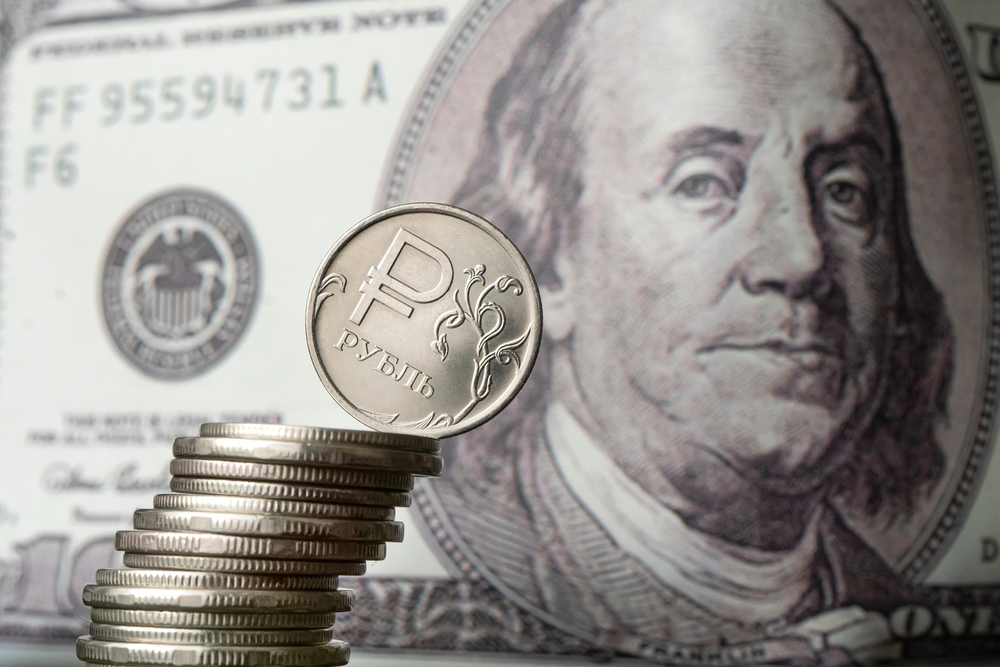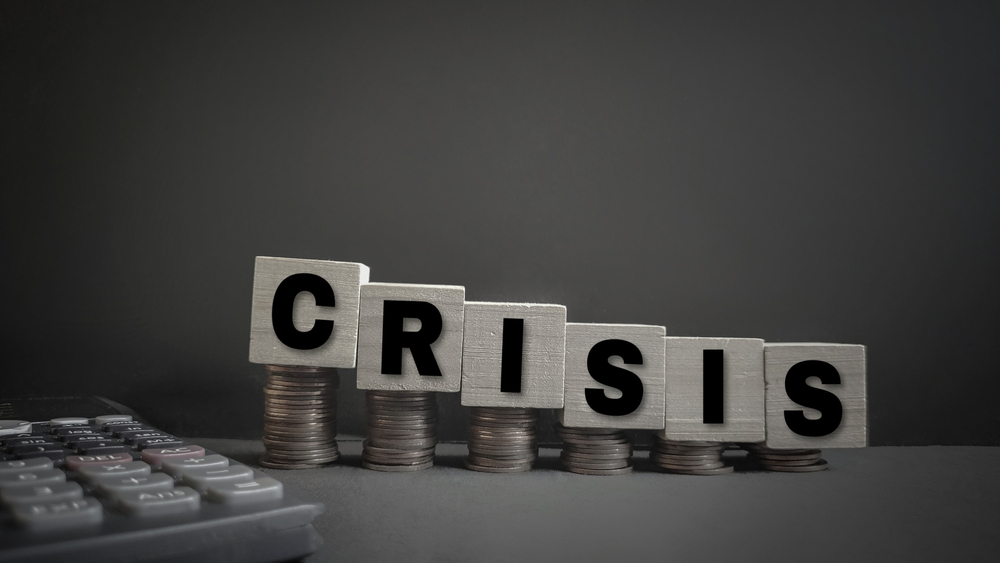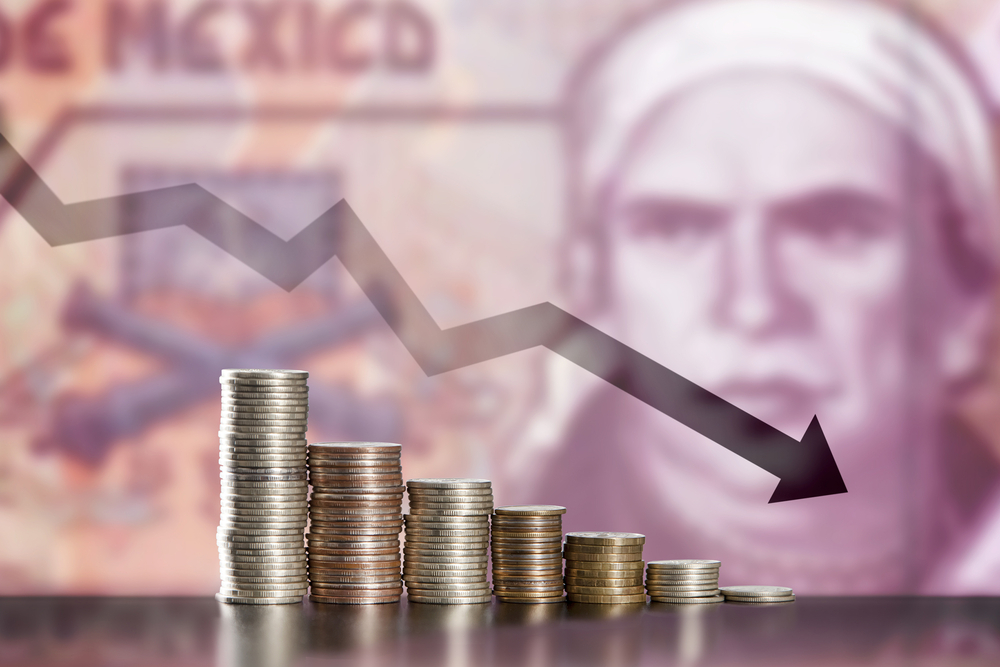There are a number of reasons why a country would choose to devalue its currency. The chief reason would be to ensure the balance of trade costs.
A country fares best when export costs are lower than import costs, and currency value plays a significant role in this.
Devaluation of a currency is an economic standard that refers to the time when a country chooses to lower the value of its own currency. This is done to help a country get through economic turbulence.
In the end, devaluation helps a country to spend less and bring in more until the economic tides turn in its favor.

Table of Contents
What does a devalued currency really mean?
Devaluing a currency is called “devaluation” and it refers to a time when a country adjusts its currency exchange rates downward. The value of that country’s dollar or currency is decreased.
When a country has a semi-fixed exchange rate, it can adjust the value of its currency on par with economic policy.
The devaluing of a currency is not the same as depreciation, which means that the value of a good decreases due to slow demand or production. Economists, rather than governments, play a strong role in the devaluation of a currency.
When an exchange rate is readjusted, the term “revaluation” applies.
Trade costs play a key role in the devaluing of a currency. A country needs to have a balance between import and export costs to maintain a strong economy.
When imports cost more, the nation’s consumers have less disposable income and this, in turn, results in trade imbalances.
What influences a country’s decision to devalue its currency?

A country always wants its consumer’s goods to be purchased from within the country so that money will stay in the country. When an imbalance here occurs, a country might consider devaluing its currency.
A country that is importing to nations seeking goods from abroad may also seek to devalue its currency for the same reason.
The key factor in the devaluation of a nation’s currency lies in how market forces interact. An exchange rate must be affordable to both the country holding the currency and the country purchasing it.
At the same time, the country must have access to the dollars that the goods are being exchanged for.
When that access decreases, the value of the currency will be impacted. In other words, a country’s dollar becomes worth less to the country when they have less in reserve.
A dollar or yen, for example, that is “not doing well” is one from a country that is also not doing well when it comes to financial reserves.
What are the impacts of devaluation?
There are both social and economic impacts to the devaluation of a currency. When a currency becomes less expensive, the nation’s exports become more affordable to foreign countries.
When foreign products become more expensive to one country, the consumers are more likely to spend their money in their own country.
This could help in increasing the number of exports of a country, while also decreasing the number of imports. When there is an imbalance here, devaluation is a natural result.
A nation is always looking at its fixed currency exchange rate as a marker of its economic stability.
Sometimes, a government might see the economic toll on a country and work to increase demand. This will help alleviate the burden of unemployment, particularly in sectors where the production and manufacturing of goods occurs.
In other sectors, finding methods to alleviate unemployment helps to stimulate the economy at home, and also helps to alleviate the devaluation of the currency.
How did currency devaluation begin?

The roles that currency exchange and currency rates play in our economy have been a part of social and political policy since the end of World War II. The conversation of currency devaluation began with the Bretton Woods Conference in 1944, where world leaders wanted to work together to establish the fixed-rate system.
Here, the term “gold standard” was coined when gold once cost $35 USD per ounce. Today, gold is valued at $1,800 per ounce.
The gold standard became the bar to meet when currency rates were being devalued or revalued in a global, post-war era.
Then, in the United States, leaders sought to hang on to the federal reserves that would decrease the demand for the American dollar abroad. By 1973, the “gold standard” application of devaluation would end, and developed countries began using fixed exchange rates to value their currency.
Gold is still on the currency exchange today as a measure of currency.
What role does China play in devaluing currency across the world?
China is a nation that comes up frequently when discussing devaluation. This is a nation that serves as an excellent example of how devaluation can impact a country and the world.
China is now considered the second-highest economy in the world, after the United States.
Still, in recent times, social and political forces have impacted the currency rates between both countries. Social factors influencing oil production, for example, might influence a nation’s rate within the country, and that will impact whether or not a country considers devaluation.
China has tried to devalue its own currency, or it at least has been accused of thinking of it by former President Trump. China said that didn’t happen.
However, it isn’t a disadvantage to the United States for China to devalue its currency. It would hurt China more than it would hurt the United States when it comes to trade, however, devaluation would also help China keep labor and capital operation costs low for goods they import to the United States.
Are exports a leading reason why countries devalue their currency?
Every country wants to boost its own exports, as this will bring revenue into the country. Like any free market, every nation competes with the other for supply and demand and the costs of goods.
Yes, a country might devalue its own currency to ensure that more revenue from exports is produced.
This could be any good, whether that is oil, cars, or even paper supplies. The big three automakers (Ford, Chrysler, and GM) in the United States are always competing with Japanese and European suppliers for the cost of their own goods at home (i.e. Hyundai, Toyota).
Imports in America are sometimes less expensive, a bone of contention for consumers from a social and economic perspective.

On the other hand, if a more affordable vehicle puts more food on American tables, they will buy it. A country will then focus on the efforts of exports and devaluation in order to compensate for these economic trickle effects.
Focusing on exports over imports is to some, more patriotic, and to others, simply just good economic sense.
What impacts do trade deficits have on currency values?
Trade deficits occur when this imbalance of trade occurs. When there are more exports and fewer imports, trade deficits decrease.
When consumers buy more outside of their country, trade deficits increase.
When a country functions this way for the long term, the value of the currency is unsustainable. It will lead to chronic trade imbalances and a weakened economy that could take months if not years to recover from through a single policy change.
Trade deficits also result in higher debt ceilings for both the everyday consumer and the government of the country.
Devaluation helps with that. A nation with a currency that costs less to purchase today, but will be valued more down the road, has a currency that is appealing to foreigners. The currency in itself becomes good.
Do national debts play a role in whether or not a nation devalues its currency?
Yes, national debt loads will play a significant role in devaluation. When a country has foreign debt, devalued currency can make debt payments easier.
A country that has one million dollars in interest monthly on national loans has an easier time of paying than when their currency is devalued.
Later, that payment becomes worth less after devaluation, but that doesn’t hurt the country making the payment. Still, a country that devalues for this purpose alone would certainly be watched by the world with scrutiny.
Every country has a debt load and managing the debt load must be done in a way that has the least amount of impact on its citizens.
How is a nation impacted by a devalued currency?

Money impacts every citizen around the world every day, and a devalued currency is going to impact how comfortable a citizen’s life is. Citizens will see the impact at the gas pumps, at the banks, on their mortgages, and even on their jobs.
A devalued currency slows the economic growth of a nation and increasing import costs will hurt the everyday citizen.
There are also social and psychological impacts on a country with a devalued currency. These impacts affect consumers every day.
The cost of a tank of gas could ruin one family’s entire month, for example.
Additionally, when a country devalues its currency, or it devalues as a result of economic triggers, its creditworthiness is impacted – trade partners become a little more hesitant.
The International Monetary Fund works to help countries avoid constant bouts of devaluation and revaluation so that every country has a fair hand when it comes to trade and currency matters.
Do you follow exchange rates?
Hearing about the price of gas on the news and the fluctuating exchange rates across the world can be dizzying and overwhelming. These are all things that every world leader thinks of every day because they play a role in what money can stay in the country or enter the country to help its people.
Trade wars are not fun for any economy, and devaluation does lead to that. Now that you know this, are you more interested in news on exchange rates?

















